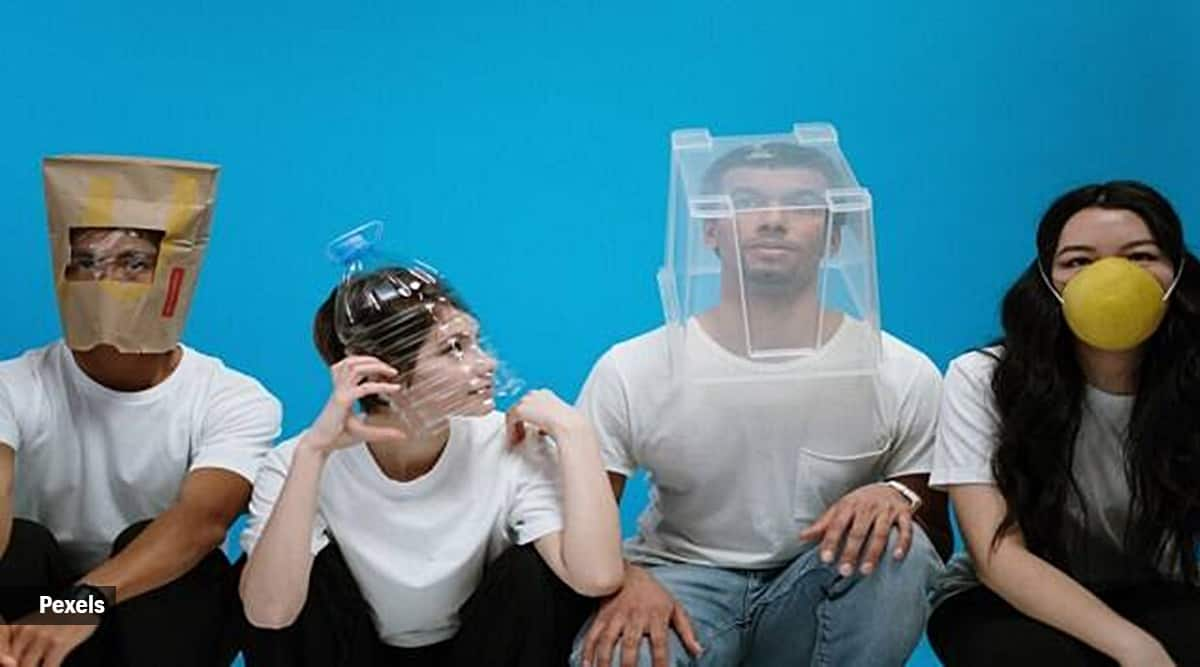
THESE ARE THE TOP 5 HEALTH TRIGGERS IMPACTING YOUNG PEOPLE’S HEALTH
Learn more about these health triggers. (Source: Pexels)
According to statistics presented by the World Health Organization (WHO), over 1.5 million adolescents and young adults aged 10–24 years died in 2021, about 4500 every day.
The well-being of young adults faces significant challenges stemming from multiple factors, resulting in notable negative effects on their physical and mental health, according to Dr Ajit Krishna Shetty, Consultant, General Medicine, MBBS, MD - Medicine, SRV Hospitals, Goregaon.
Dr Pankaj B Borade, consultant psychiatrist, Ruby Hall Clinic, said that many young people are going through a lot of stress because of pressures from school and work.
"All of this is happening because the way things are in the world has changed. People nowadays are really focused on doing well in school and work, which is causing a lot of stress for them. They're also eating unhealthy food and spending too much time sitting because of computers and phones. Talking about feeling sad or anxious is difficult for them because they're worried about what others might think," he explained.
The top 5 health triggers impacting young people
According to the experts, the top 5 health triggers which are impacting young people these days are the following:
- The excessive use of technology and social media has become a critical issue. This overuse can lead to problems such as cyberbullying, social isolation, FOMO, and body image concerns. The barrage of curated and often misleading online content has been linked to anxiety, depression, and diminished self-esteem.
- The pressure to excel academically and professionally contributes substantially to declining health. The intense competition, lengthy work hours, and unrealistic expectations create immense stress and burnout, potentially causing insomnia and chronic fatigue.
- Financial stress is yet another significant factor affecting young adults. With student loans, job instability, and soaring living costs, financial pressures can trigger anxiety, depression, and strained relationships.
- Unhealthy lifestyle choices also play a role. Sedentary habits, overconsumption of fast food and sugary drinks, and inadequate exercise lead to obesity, diabetes, and cardiovascular diseases.
- The phase of transitioning to adulthood and grappling with identity issues is a critical stressor. This period involves leaving home, seeking independence, and forming new relationships, which can cause confusion, isolation, and identity crises. The pressure to define oneself and make pivotal life decisions can be overwhelming and detrimental to mental health.
Make sure to give your mind a break. (Source: Freepik)
How to manage these issues
To help young adults deal with the challenges, they can take some smart steps. For instance, Dr Shetty explained that when it comes to using phones and social media, it's a good idea to decide how much time is okay and follow accounts that make you feel good.
"When they are in school or working, it's important to aim for doing their best, but not to the point of stressing out. If things get tough, they should talk to teachers, mentors, or counsellors for help," he added.
Make sure to give your mind a break, advised Dr Borade. "You can try stuff like relaxing exercises or doing things that make you happy. And don't forget about your body too. Eat good food, stay active, and make sure you're getting enough sleep."
Money matters equally -- keeping track of the money and spending habits helps reduce finance-related stress.
Additionally, taking care of the mind is vital. Doing things like exercising, staying calm, expressing yourself through art or writing, and having friends to talk to can help you feel better mentally. "And if things get really tough, it's okay to seek help from a professional. Keeping the body healthy by getting enough sleep, being active, eating good healthy food and avoiding getting intoxicated," said Dr Shetty.
Planning for the future might feel big and scary, but if you break it into smaller steps and ask for advice when needed, it can be easier. Having people, they can talk to and rely on, like friends and family, is a big help.
"Learning about health helps you make smart choices. And finding a good balance between your responsibilities and your "you" time can really help you feel less stressed," advised Dr Borade.
By following these simple steps, young adults can take charge of their well-being and handle the challenges of modern life in a better way.
📣 For more lifestyle news, follow us on Instagram | Twitter | Facebook and don't miss out on the latest updates!
2023-09-07T07:57:04Z dg43tfdfdgfd